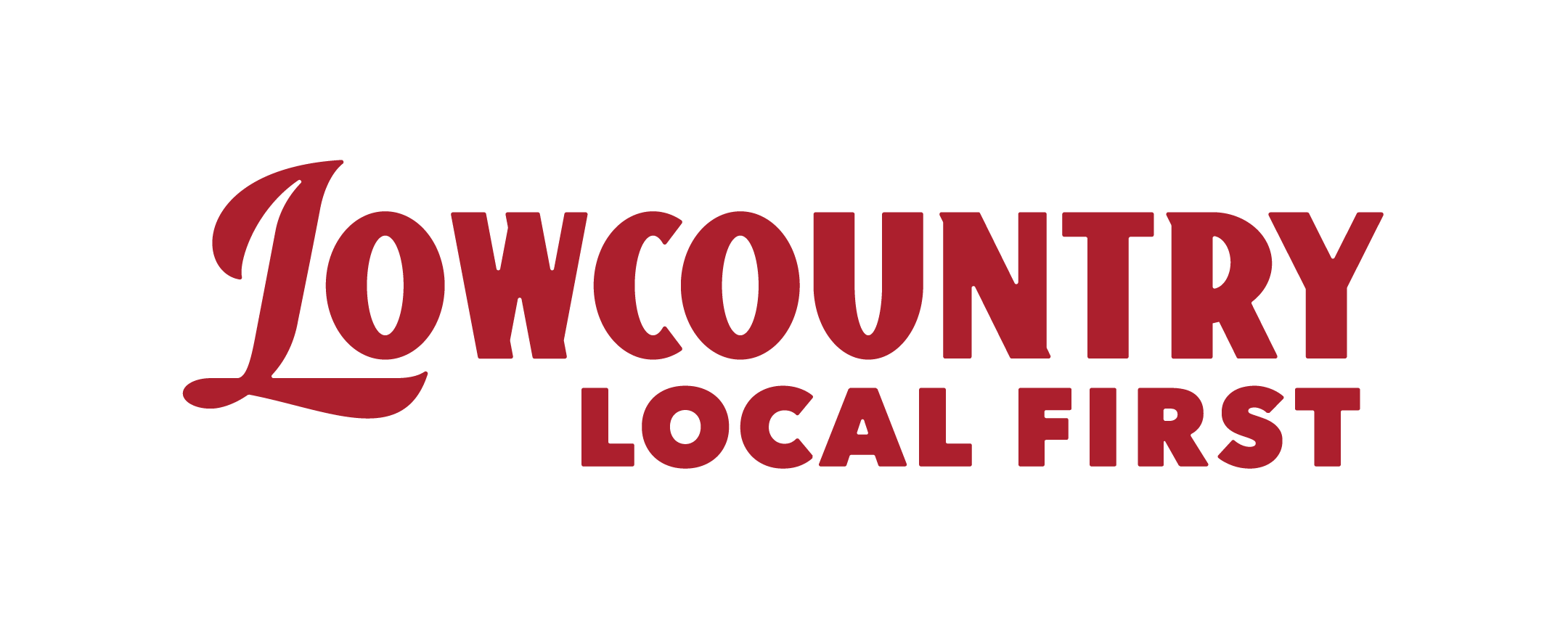Strengthening Communities: The Power of Local Preference Policies in Municipal Procurement
Lowcountry Local First has been advocating for stronger, enforced and tracked local preference policies with our local municipalities for more than a decade. In the realm of municipal governance, few policies hold as much potential for catalyzing local economic growth as robust local preference policies in procurement. Across the United States, research underscores the transformative impact of such initiatives, not only on the economic vitality of communities but also on their social fabric and resilience. As we navigate the complexities of post-pandemic recovery and sustainable growth, it's imperative to recognize the crucial role municipalities play in shaping their own economic landscapes.
At its core, a local preference policy in procurement prioritizes local businesses when awarding contracts for goods and services. This seemingly small adjustment carries significant weight, reverberating throughout the local economy with a multiplier effect that extends far beyond the initial transaction. Oftentimes, local bids are given a certain percentage advantage over non-local bids. In municipalities akin in size to the City of Charleston, that percentage is typically capped at 5%. The City of Charleston’s Local Vendor Recognition policy offers “the right to match the bid of the lowest responsive and responsible non-local bidder for goods and supplies … if the bid of the local vendor is within 4% or $10,000, whichever is lower, of the bid amount of the lowest responsive and responsible non-local bidder.” The Town of Mount Pleasant and Town of Summerville offer a 1-5% match. The City of North Charleston currently has no such local preference policy posted but recently established a new Small Business Enterprise Department to amplify their efforts.
Research from various municipalities across the nation paints a compelling picture of the benefits of strong local preference policies. For instance, a study conducted by Civic Economics, an economic analysis and strategic planning consultancy focused on developing sustainable economies, found that for every dollar spent with a local business, three times more money remained within the community compared to spending with non-local businesses. The use of local suppliers generates greater economic activity than chain suppliers, a phenomenon known as the “local economic multiplier effect.” (Civic Economics, 2007).
Research also indicates that local businesses are more likely to reinvest their earnings back into the community through philanthropy, sponsorship of local events, and job creation. This reinvestment not only bolsters the economic foundation of the municipality but also fosters a sense of community pride and cohesion.
Beyond the economic realm, strong local preference policies can have profound social and environmental implications. By supporting local businesses, municipalities can mitigate the environmental impact associated with transporting goods over long distances, thereby promoting sustainability and reducing carbon emissions. Empowering local entrepreneurs fosters a diverse and resilient business ecosystem, lessening the community's dependence on external factors and enhancing its capacity to weather national and global economic downturns.
In Lowcountry Local First’s annual member survey, completed in June of 2024, 60% of the more than 60 respondents said they had never participated in a local municipality bid process, but were interested in learning about the process. The organization’s efforts to strengthen and encourage utilization of such policies has continually been met with hesitation if not total disregard from municipal teams. Critics of local preference policies often raise concerns about potential inefficiencies and increased costs associated with limiting the pool of potential suppliers or improved technology systems to streamline processes.
Research indicates that while there may be a slight increase in procurement costs initially, the long-term benefits far outweigh any short-term expenses. Moreover, the intangible benefits of fostering a thriving local economy, such as increased community pride and social cohesion, are immeasurable.
“Specifically, from 2010 until 2017, the total economic impact of implementing preference policies generated $17m in total output, 135 total job-years, $10.22m in gross state product (GSP), $10.27m in value added, $7.52m in income and $5.14m in real disposable personal income. … Although the values of these economic indicators were very small compared to the size of the state economy, they did outweigh the direct cost of implementing preference policies, thus demonstrating that overall, the in-state preference policies contributed to South Carolina’s economy.” [“The impacts of in-state procurement preference policies on the economy of South Carolina,” Journal of Public Procurement, Sept. 2018]
We believe that where there is a will to make improvements, there is a way. When leaders truly desire an equitable economy, they create it.
Lowcountry Local First’s challenge to local municipalities:
- Strengthen or create local preference policies to offer a minimum of 5% match allowance to those businesses who qualify and can provide best value.
- Establish and maintain streamlined systems for the collection, tracking, and management of procurement spending data to monitor local and minority/women-owned business enterprises (MWBE) utilization.
- Let go of legacy technologies that hinder the necessary improvements. Adopt new technology systems that allow proper bid process tracking and offer transparency along the way.
- Set goals for shifting existing levels of procurement to local and MWBE businesses, and publicly share impacts along the way.
- Strategically assess contracts to determine opportunities for “unbundling” (breaking large contracts into smaller contracts).
- Increase and improve proactive outreach, informational sessions, and technical assistance for bid submissions from local and MWBE businesses.
- Utilize Lowcountry Local First’s database of Certified Local vendors when soliciting bids, quotes, or proposals for small-dollar purchases.
- Pay vendors in a timely manner.
Now is the time to shift procurement efforts. As our region’s new leadership charts a course towards a more equitable and sustainable future, we can draw inspiration from the examples set by forward-thinking cities and embrace the power of local preference policies to shape a more resilient, wealthier tomorrow for the Lowcountry’s citizens.
